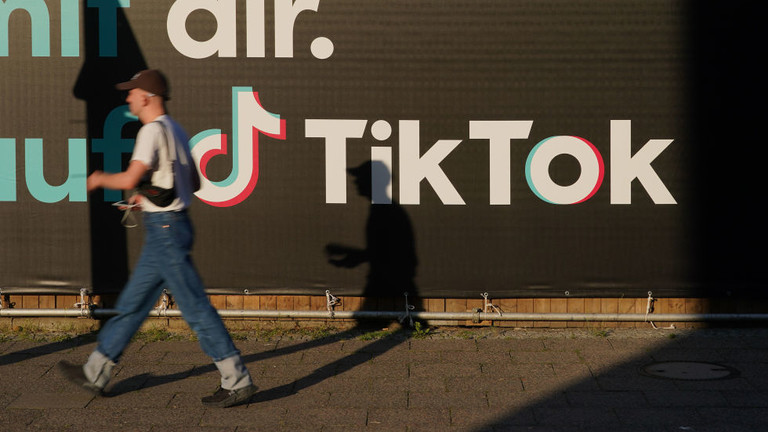TECHNOLOGY
Google employees protest Israeli military contract

TECHNOLOGY
How much YouTube pays for 1 million views, according to creators

TECHNOLOGY
Tesla employees shared sensitive images recorded by cars – Reuters

TECHNOLOGY
Nordic nation’s military bans use of TikTok – media

-

 FINANCE12 months ago
FINANCE12 months agoFacebook parent Meta fined €1.2 billion by Irish watchdog
-

 LIFE12 months ago
LIFE12 months agoconic Smiths bassist dies aged 59
-

 NEWS12 months ago
NEWS12 months agoKenya supports creation of pan-African court
-

 FINANCE12 months ago
FINANCE12 months agoUS will default if debt deal fails – treasury secretary
-

 FINANCE12 months ago
FINANCE12 months agoGlobal debt balloons to record highs
-

 WAR12 months ago
WAR12 months agoUkraine won’t join NATO anytime soon – Scholz
-

 FINANCE12 months ago
FINANCE12 months agoParis justifies nuclear ties with Moscow
-

 NEWS12 months ago
NEWS12 months ago‘Subway killer’ Daniel Penny’s actions expose a gap in US law enforcement






















































